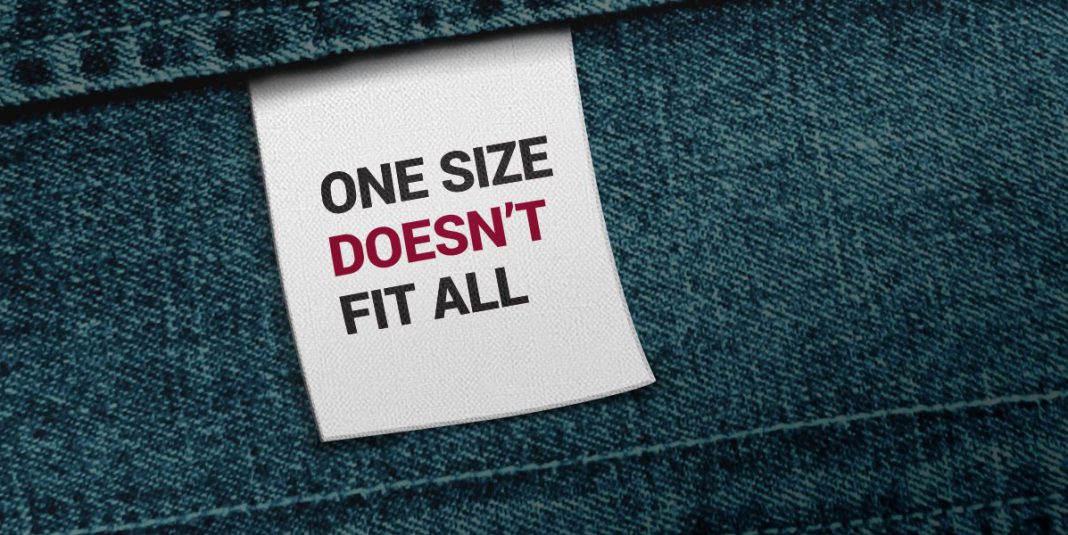Graham Shaw, Director and Co-founder at Sport Acuity, discusses the complexities arising from the US sports betting market as it continues to open up on a state-by-state basis. Indiana, with its Bill 552 offers up the perfect case in point.
SBC Americas: Can you tell us more about your role at Sport Acuity and what Sport Acuity does?
Graham Shaw: I am co-founder and director of Sport Acuity, having worked in the sports industry for 30 years. Sport Acuity is an agency delivering high growth business solutions for our clients through specialist consultancy (M& A, rights, marcomms and content strategy) and bespoke editorial, video, data and social media content services.
We call on significant industry experience and an enviable global network in our work with clients across leagues, federations, media organisations, brands and betting companies. Clients range from UEFA and European Professional Club Rugby, to a world-leading motorsport organisation, The Stars Group, SkyBet and Minute Media.
SBCA: Can you go into greater detail about Indiana’s Senate Bill 552 and the impact it could have on third party data suppliers in the US?
GS: Our view is that there will be 50 different sets of rules interpreting the sports betting marketplace as each state navigates its own path. This all adds up to a uniquely complex situation, which mean betting businesses and media companies will need to tread carefully as they expand in the US market. Put simply, what is entirely legal in one state may be a criminal offence in another, and Senate Bill 552 is a good example of this.
Senate Bill 552 has been adopted by the State of Indiana to govern the sale and management of sports data in the state. It stipulates that only official data can be used to settle in-play wagers through US-licensed sportsbook operators. It’s a pretty simple and perfectly sensible rule, but it has implications for all states because you will need to comply for any bets placed by customers in Indiana. So, a law made in one state has the potential to impact the entire market.
It also strengthens the bargaining power of the big sports and their data partners, as they will be the only source of official data in most cases.
SBCA: What type of role can unofficial data play in the US sports betting market?
GS: Our experience in the rest of the world is that unofficial data can play a part, especially where there is no official data. However, that has decreased and, increasingly, data suppliers are forming relationships with the rights holders to ensure integrity and quality of data. In the US, where the major sports are very strong, there will be little scope for unofficial data. Also, as new laws come on to the statute books and states roll out sports betting, data companies will want to show that their services have a stamp of integrity and reliability. They cannot afford to drop down any legal rabbit-holes by providing unlicensed or unofficial data. However, there could be scope for sports and leagues where official data has yet to be established.
SBCA: How challenging will it be for data suppliers to overcome state-by-state regulations?
GS: Very! As mentioned, it is a mistake to regard the United States as one market. Ultimately it will be 50 – and the “full set” could be a long way off. As we’ve seen with Senate Bill 552, the only way to comply with the rules in one state may be to bring your entire nationwide operation into line. Things like differing age limits and geo-blocking are relatively simple to implement, although with 50 states and 50 sets of rules, some things are going to get very complicated. Additionally, there could be a situation where it will be easier to offer betting on certain sports, but not on others.
SBCA: Do you believe different laws in different states will have an impact on ensuring integrity in US sports betting?
GS: We believe the bar will be set quite high when it comes to integrity. The opening-up of the US market does represent huge opportunities for betting companies and media companies alike, but it’s a marketplace like no other and should be treated as such. The state-by-state approach will be a legal minefield and those opposed to the Supreme Court ruling will be watching and waiting for private operators to make mistakes – so it makes sense to ensure integrity is top of the list of key factors to bear in mind when supplying data. That doesn’t necessarily mean it has to be an official feed or product, but it will be harder to convince state legislators if data is unlicensed or unofficial.
The brands that thrive will be those that find the right partners, with the right products and message to take to their potential audience. This is a new market and it presents unique challenges. Some strategies employed in other territories will work, some won’t. Picking the right horse in each case will demand foresight, understanding and a large amount of analysis.














